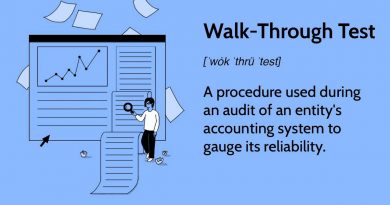Micro Accounting What It Means How It Works

Micro accounting is a branch of accounting performed at a personal, corporate, or divisional level. It is the opposite of macro accounting, which focuses on national accounts or macroeconomic data at a country level.
Micro accounting involves recording financial transactions for businesses, individuals, or households. It differs from macro accounting, which tracks and reports components of an entire economy rather than a single entity. Micro accounting data is used in personal or corporate tax returns, financial statements, and audits.
Micro accounting is commonly used to refer to accounting for small businesses or company subunits and divisions. All conventional accountants can be considered micro accountants. For small business clients, micro accounting focuses on preparing financial statements for internal use and income tax preparation.
Micro accounting encompasses tasks such as recording transactions, preparing financial statements, and filing taxes. It can also involve analyzing the financials and transactions of subsidiaries within larger companies. When examining a specific unit or entity within a larger subset, the term micro accounting may be used. Overall, micro accounting covers accounting-related activities for individuals, companies, and government agencies.
Micro accounting generally follows the principles of generally accepted accounting principles (GAAP). GAAP is a set of standards and principles that aim to improve the comparability and consistency of financial reporting across industries. It is based on double-entry accounting, where every transaction is recorded as both a debit and credit in separate accounts.
In contrast, macro accounting focuses on the statistics and performance of entire countries and nations. It applies to government agencies as well, covering the accounting of entire nations. However, macro accounting is primarily conducted by economists rather than accountants. Economists study and analyze the allocation of resources, while accountants focus on recording transactions and analyzing data.
In economics, microeconomics examines company-level or individual economic changes, such as pricing and supply and demand. Macroeconomics, on the other hand, studies national data such as unemployment rates and imports and exports.
In summary, micro accounting is the branch of accounting that deals with personal, corporate, or divisional financial transactions. It differs from macro accounting, which focuses on national accounts or macroeconomic data. Micro accounting involves tasks such as recording transactions, preparing financial statements, and filing taxes. It follows the principles of GAAP and is used to make decisions that impact micro accounting.



